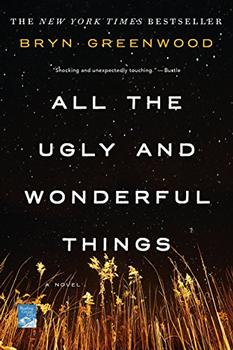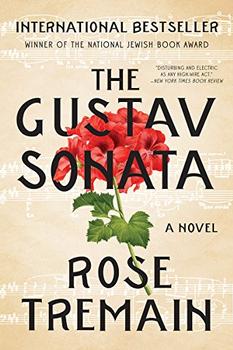Summary | Excerpt | Reading Guide | Reviews | Beyond the book | Read-Alikes | Genres & Themes | Author Bio

A magnificent, century-spanning saga about a love triangle that spawns a myth, and a family mystery, across generations.
From the Man Booker Prize–winning author of The Line of Beauty: a magnificent, century-spanning saga about a love triangle that spawns a myth, and a family mystery, across generations.
In the late summer of 1913, George Sawle brings his Cambridge schoolmate - a handsome, aristocratic young poet named Cecil Valance - to his family's modest home outside London for the weekend. George is enthralled by Cecil, and soon his sixteen-year-old sister, Daphne, is equally besotted by him and the stories he tells about Corley Court, the country estate he is heir to. But what Cecil writes in Daphne's autograph album will change their and their families' lives forever: a poem that, after Cecil is killed in the Great War and his reputation burnished, will become a touchstone for a generation, a work recited by every schoolchild in England. Over time, a tragic love story is spun, even as other secrets lie buried - until, decades later, an ambitious biographer threatens to unearth them.
Rich with Hollinghurst's signature gifts - haunting sensuality, delicious wit and exquisite lyricism - The Stranger's Child is a tour de force: a masterly novel about the lingering power of desire, how the heart creates its own history, and how legends are made.
In the opening section of The Stranger's Child, Alan Hollinghurst jumps into the milieu of some of the greatest novels in English, the end of the dress-for-dinner era that came just before World War I. His fine and elegant writing seems to be more than an homage to novels such as Brideshead Revisited or Howard's End; the precision of his language allows Hollinghurst to tease out what his characters are actually thinking even as what comes out of their mouths is the proper, dining-room appropriate thing to say...continued
Full Review
(812 words)
This review is available to non-members for a limited time. For full access,
become a member today.
(Reviewed by Jennifer G Wilder).
"What do you think, Ralph?" said George. "For or against the egregious grotesqueries of the Victorians?"...
"I suppose what I feel," said Revel, after a minute, "well, the grotesqueries are what I like best, really, and the more egregious the better."
"What? Not St. Pancras," said George. "Not Keble College?"
"Oh, when I first saw St. Pancras," said Revel, "I thought it was the most beautiful building on earth."
The rise and fall and rise again of high Victorian style marks the passage of a tumultuous century in The Stranger's Child. From St. Pancras railway station in London to the fictional Corley Court, the fate of exuberant Victorian ornamentation tracks the evolution of aesthetic taste. At the opening of the book,...
This "beyond the book" feature is available to non-members for a limited time. Join today for full access.

If you liked The Stranger's Child, try these:

All the Ugly and Wonderful Things
by Bryn Greenwood
Published 2017
A beautiful and provocative love story between two unlikely people and the hard-won relationship that elevates them above the troubled Midwestern backdrop of their lives.

by Rose Tremain
Published 2017
A breathtakingly radiant story of an unlikely childhood friendship that survives the test of time.